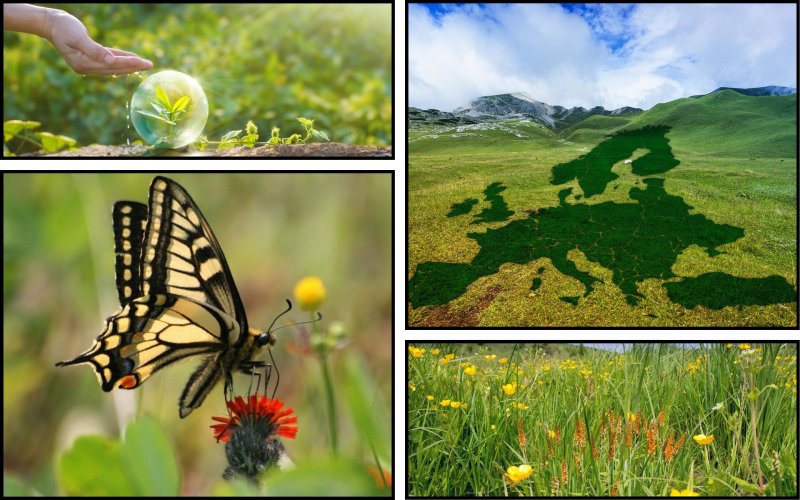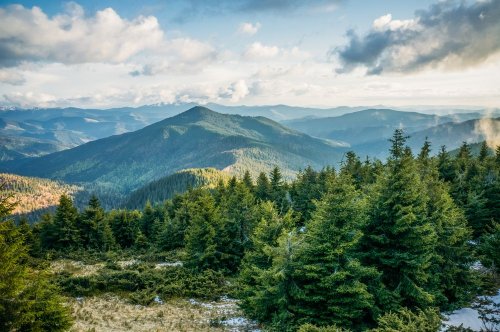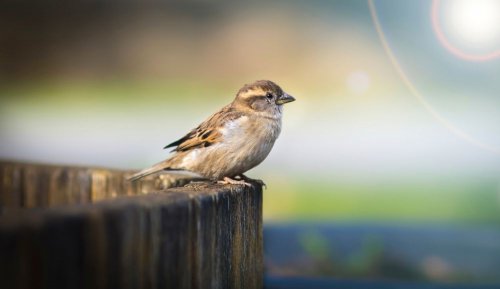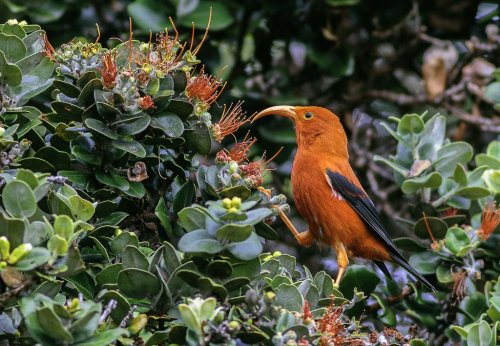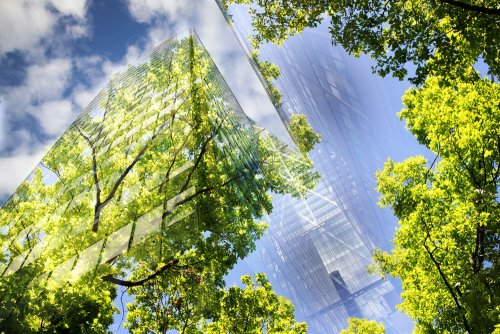The European Parliament has adopted the Restoration of Nature Act, which provides for the restoration of at least 20% of the EU's land and marine areas by 2030 and all ecosystems in need by 2050.
Member states will also have to restore the free flow of at least 25,000 km of rivers, eliminate the loss of urban green spaces and urban tree crowns, the press service of the European Parliament reports.
This decision was supported by 329 MEPs, 275 opposed, and 24 abstained.
It is noted that the law will help Europe achieve its climate neutrality and biodiversity goals, as well as increase food security. After all, more than 80% of European habitats are in "poor" condition.
The document also provides:
- restoration 30% of natural habitats in "poor" condition by 2030, 50% by 2040 and 90% by 2050;
- ensuring that restored areas do not suffer significant deterioration over time;
- the development of national recovery plans for member states, with a detailed description of the achievement of these goals;
- planting 3 billion trees;
- restoration of 30% of drained peatland by 2030 (at least a quarter to be re-wetted), 40% by 2040 and 50% by 2050 (where at least one-third must be re-wetted).
Such recovery is one of the most cost-effective ways to reduce emissions in the agricultural sector. However, it will be voluntary for farmers and private landowners.
The press service added that EU countries should also improve biodiversity in agricultural ecosystems by key indicators such as:
- index of meadow butterflies;
- share of agricultural land with a wide variety of landscape features;
- stock of organic carbon in the mineral soil of arable lands.
Countries will also take measures to increase the bird index on agricultural land. After all, birds are good indicators of the general state of biodiversity.
It is noted that the implementation of some targets for agricultural ecosystems may be suspended under exceptional circumstances. In particular, if they greatly reduce the area of land needed to produce enough food for consumption in the EU.
"Today is an important day for Europe as we move from protecting and preserving nature to restoring it. The new law will also help us fulfill many of our international environmental obligations," said MEP Cesar Luena.
Earlier, EcoPolitic wrote, that in 2022 the European Commission began developing a draft law that will oblige the countries of the Union to restore 20% of their natural territories by 2030 and all degraded ecosystems by the middle of the century.
As EcoPolitic previously reported, 6 conclusions on environmental impact assessment for construction of new dams on free-flowing sections of rivers for the construction of small hydroelectric power plants were agreed upon in Transcarpathia. Eco-activists criticized such an initiative, because in Europe they seek to restore the free flow of 25,000 km of rivers, and in Ukraine – to turn them into a cascade of ponds.

